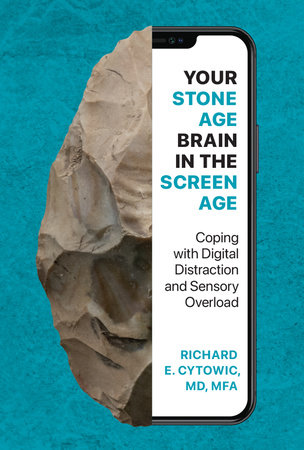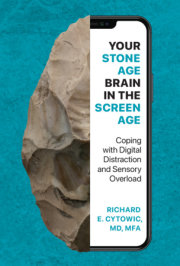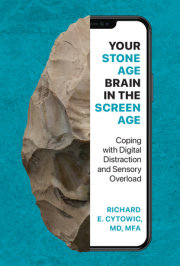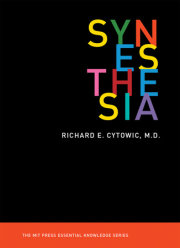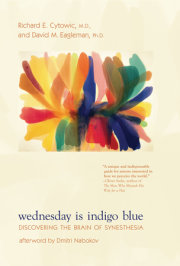Contents
Your Stone-Age Brain—3 Million BCE vs. Today
1 Engineered Addiction: Brain Drain and “Virtual” Autism
2 Selfies Kill More People Than Sharks
3 The Brain-Energy Cost of Screen Distractions
4 The Brain-Energy Cost of Multitasking
5 The Digital Difference: We Treat It Socially
6 Silence Is an Essential Nutrient
7 Your Brain Is a Hackable Change Detector
8 What Gets Caught in the Corner of Your Eye
9 Missing Critical Windows Degrades Empathy
10 How Blue Screen Light Wrecks Normal Sleep
11 Hooked in the Pursuit of Happiness
12 Pandora’s Box: How Ambivalence Keeps Us Hooked
13 iPads in the Nursery or Not?
14 Human Contact Traded for a Googlized Mind
15 The Consequences of Forced Viewing
16 Does Heavy Viewing Induce Autistic-Like Symptoms?
17 Social Learning: Kindergarten, Handwriting, and Dexterity
18 War Games: Is the Only Winning Move Not to Play?
19 Coda: Lessons from the Lockdown Years
Appendix: Keeping a Dream Diary
Acknowledgements
Notes
Index

